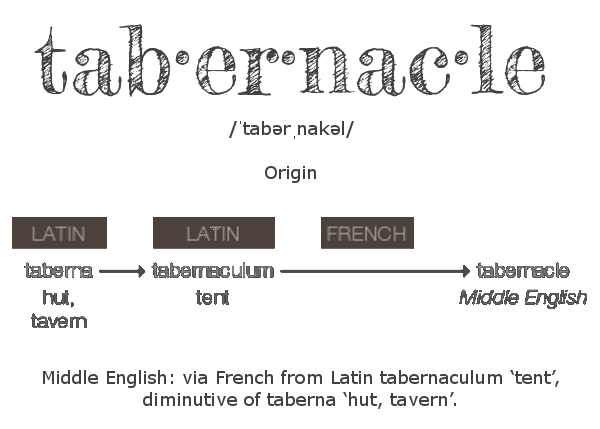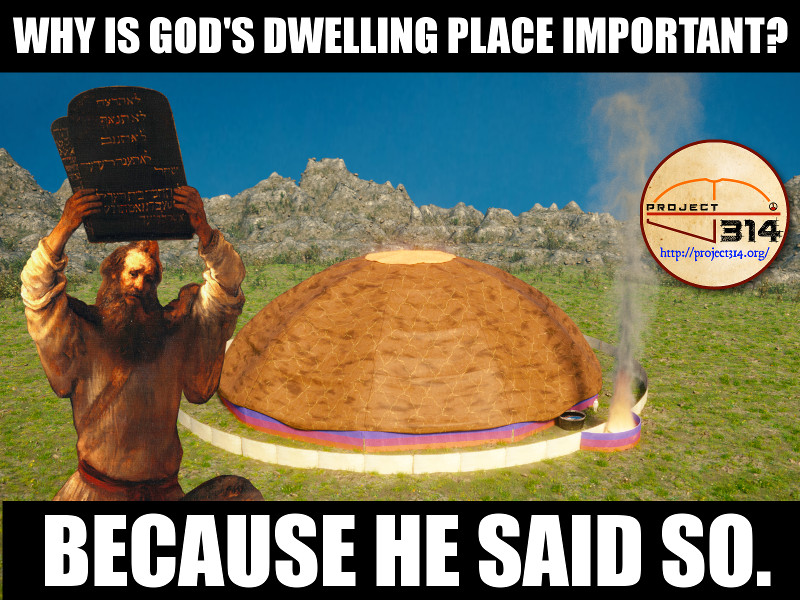
Throughout the course of life, most people will reach a point where they not only ask, "why are we here" in a larger public and philosophical sense, but also "why am I here" in an individual and personal
sense. Needless to say, such questions are multifaceted and far-reaching; and they may be applied over the course of a lifetime just as well as they may be applied to the smallest fraction
of time as we come to a conclusion or make a life-defining decision. So, why are you here, at this very moment in time, visiting this website, and reading this article?
I personally believe that the
answer to the question, "why are we here?" can only be found in our created state of being. Believing that we are created in the image of God, I also conclude that our humble origins, our finite lives,
and certain deaths testify to the notion of divinely orchestrated purpose. As each of us is created to temporarily dwell in this physical state of existence, it becomes clear that apart from divine
intent, man in his mortality cannot serve a purpose—or at least a purpose that is of lasting significance. Man's true purpose, both individual and communal, momentary or lifelong, can only be found in
God. Thus, without God, men will lack a sense of purpose, belonging, and identity—which may explain why you are here in search of God's "Tabernacle".
The search for God's true Tabernacle, of course, is not a search for a crude desert tent or dilapidated shack, as it has been represented by various religious traditions for thousands of years. "Tabernacle", after all, is an English term that is almost exclusively associated with a boxy, bizarre, and impractical tent as seen depicted in religious folklore. In fact, "Tabernacle" is derived from the Latin taberna term, which also happens to be the origin of the English word for tavern!
Despite the gross physical and etymological misrepresentation of God's residence, the Exodus story and so-called "Tabernacle" account nevertheless continues to resonate with people to this very day. Why? Because
mankind intuitively understands that he lacks purpose, belonging, and identity without God, and because the Exodus "Tabernacle" was a place or structure where God came to dwell among his people. And this is exactly what is conveyed by the Hebrew term Mishkan, which is crudely translated into "Tabernacle". More accurately, the Hebrew Mishkan was God's "dwelling place".


Of course, ignorant critics of the Exodus already have and will continue to say that God's "Tabernacle" did not or does not matter. Ironically, given the warped Tabernacle connotation—which is rooted in the bizarre corresponding traditional religious representation—I am sympathetic to the critics' claim. However,
using somewhat parallel language, the same critics would probably be very reluctant to propose that God's "dwelling place" does not and no longer matters. In other words, because God's Tabernacle is perceived and presented in an anglicized sense, its significance and purpose is systematically undermined.
Unfortunately, the hijacked "Tabernacle" word has far-reaching implications; only by acknowledging that God's "Tabernacle" was God's "dwelling place" can one begin to come to understand and fully appreciate what was given to Israel in the Sinai desert—and never since rescinded. The reality remains that God's dwelling place matters simply because God first said it did, and because it's only within the presence and will of God that man finds true purpose. So, as the old Tabernacle story ends, a new story of a quest for God's dwelling place begins.
